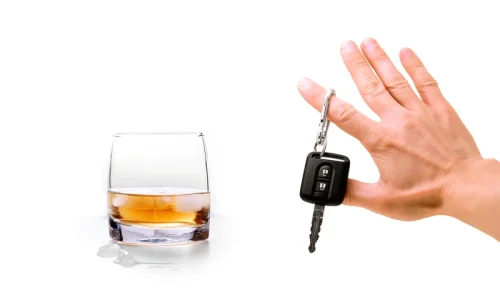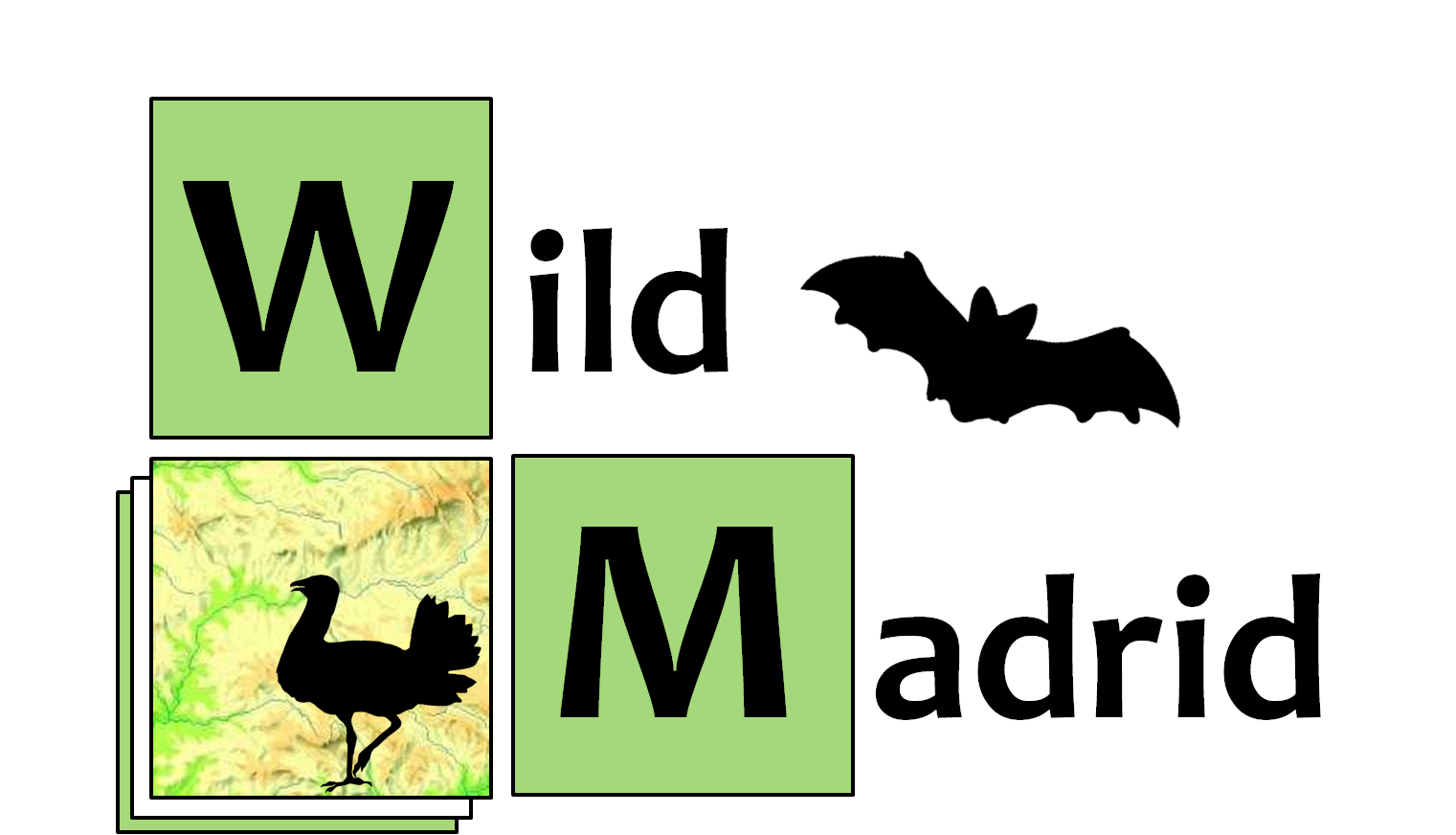Parkinsons therapy could be used to tackle alcohol abuse

Nicotine may negatively affect the parts of the brain that play a role in attention, memory, learning, and brain plasticity. When you inhale cigarette smoke, the nicotine in the smoke is rapidly absorbed into the blood and affects does alcohol trigger dopamine the brain within 10 seconds. Nicotine then triggers chemical reactions that temporarily boost feelings of pleasure and concentration. One of them is known because they work based on dopamine and rewards,” Dr. Epstein said.
Pain and reward circuits antagonistically modulate alcohol expectancy to regulate drinking

In outbred rodents, however, the effects on the mesolimbic dopamine system following chronic alcohol treatment are inconsistent [102]. One possible explanation for these discrepancies may be that most preclinical studies to‐date have used forced alcohol administration which introduces an element of stress and artefact into the experiment, casting doubt on the applicability to our understanding of human alcohol dependence. In this review, we will therefore focus on studies with clear face validity to the human condition, that is those using voluntary self‐administration. Ethanol is a liposoluble neurotropic substance which penetrates the blood-brain barrier and inhibits central nervous system (CNS) functions; it is directly toxic to the brain. The etiology and pathology of alcohol dependence is the outcome of a complex interplay of biological, psychological and socio-environmental factors. CNS neurotransmitters play an important role in the development of alcohol addiction.
- These agents also are called selective serotonin reuptake inhibitors (SSRI’s).
- To examine D2/3 dopamine autoreceptor function, the D2/3 dopamine receptor agonist, quinpirole (30 nM), was bath applied for 30 min and was followed by application of the D2-like dopamine receptor antagonist sulpiride (2 µM) for 15 min.
- Experts believe a range of biological and environmental factors can significantly increase someone’s risk for addiction.
- Dopamine’s effects on neuronal function depend on the specific dopamine-receptor subtype that is activated on the postsynaptic cell.
- A small study by researchers at Columbia University revealed that the dopamine produced during drinking is concentrated in the brain’s reward center.
- Imagine sipping a beer and suddenly landing your dream job, or a glass of wine doubling your bank balance.
Dopamine and Alcohol Dependence: From Bench to Clinic

Moreover, work in non-human primates highlights a role for the prefrontal cortex in reward signaling [26], and human fMRI studies show that prefrontal cortex drives phasic cue responses in the VTA [27, 28]. However, the dopaminergic circuitry mediating AB to alcohol cues in humans––and the extent to which this circuitry overlaps with the circuitry mediating conditioned responses to non-drug rewards––remains unclear. The β2 subunit-containing nAChR antagonist DHβE (1 µM) depressed dopamine release in caudate and putamen of control and ethanol subjects (A). Dopamine release was compared across varying train stimulations (6 pulses at the indicated frequencies) before and after nAChR blockade with DHβE (1 µM) in caudate and putamen (B, C; values normalized to single-pulse values before DHβE application). Gene expression of cholinergic interneuron markers and several nAChR subunits was not changed following chronic alcohol consumption and abstinence (D, E). The first line of evidence implicating serotonin in the development of alcohol abuse was the discovery of a relationship between alcoholism and the levels of serotonin metabolites in the urine and CSF of human alcoholics.
Distinct sub-second dopamine signaling in dorsolateral striatum measured by a genetically-encoded fluorescent sensor
Alcohol is one the most widely used and abused drugs in the world and the number of annual alcohol-attributed deaths exceeds 3 million [1]. In the United States of America, alcohol use disorder (AUD) accounts for annual economic losses of ~$250 billion [2] and ~88,000 deaths [3]. «We have known for a long time that alcoholism runs in families, which implies a genetic risk,» said Dr. Raymond F. Anton, Distinguished Professor and director of the Center for Drug and Alcohol Programs at the Medical University of South Carolina.
- The effects of SSRI’s and other serotonergic medications on alcohol abuse will be difficult to disentangle from their effects on co-occurring mental disorders.
- If you are feeling anxious, low or experiencing any other symptoms of mental health problems, or you think that you are drinking too much, you deserve support.
- Parkinson’s disease and certain metabolic disorders, for instance, can deplete dopamine.
- We make it easy to follow your patterns, catch your triggers, and offer 24/7 support with a community of like-minded people and trained coaches.
- Some addictive substances affect dopamine directly, whereas alcohol and other drugs have an indirect effect.
- So, in effect, your brain reabsorbs the dopamine the alcohol made it create.
2Parkinson’s therapy could be used to tackle alcohol abuse
Gene expression analyses

